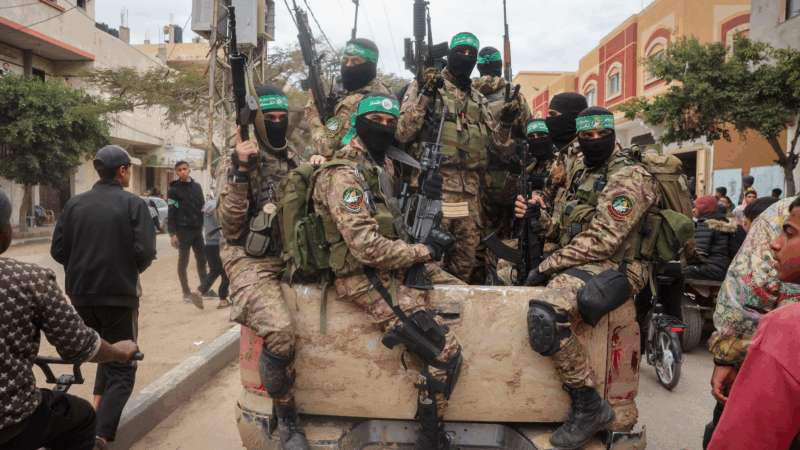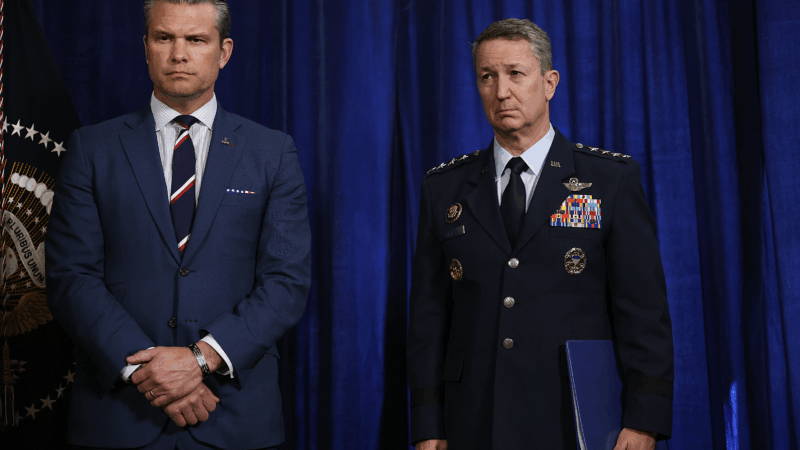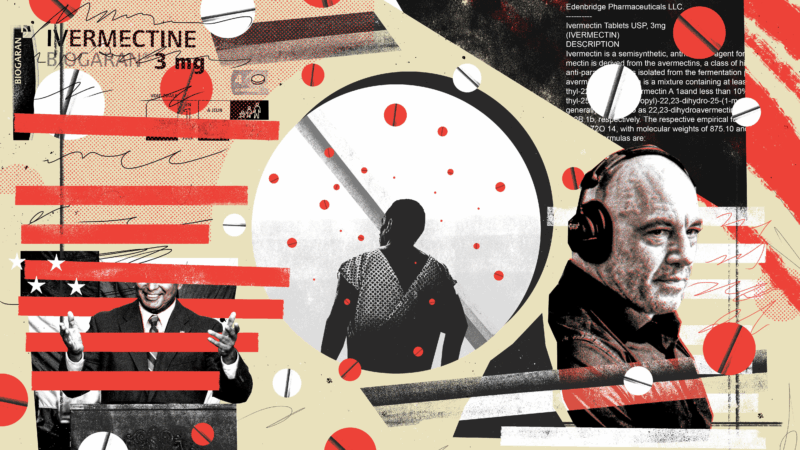Hamas has one top strategy: End the war and survive
TEL AVIV, Israel — Nearly two years after launching the surprise attack that sparked the war with Israel, Hamas finds itself up against a wall.
Its fighting force has been pummeled by Israel, its charismatic leadership has been all but assassinated and its ceasefire negotiators face unprecedented pressure from Arab governments to give up its weapons and its rule.
“Hamas is facing its worst crisis yet,” said Esmat Mansour, a West Bank-based Palestinian political commentator and former militant, who is in touch with figures close to Hamas. “Hamas faces pressures from all directions: from Israel, from the street, from the West and from Arab countries.”

The most immediate pressure comes from Israel’s latest threat: to besiege Gaza City, after displacing hundreds of thousands of Palestinians from the city, and sending soldiers inside to fight in what Israel considers to be one of Hamas’ last major strongholds. Prime Minister Benjamin Netanyahu this week ordered military planners to speed up preparations for the Gaza City offensive, and military officials called on hospitals to plan to evacuate.
Civilians in Gaza face the brunt of Israel’s campaign, suffering displacement, airstrikes and severe food shortages — with the world’s experts in famine announcing famine conditions have already taken hold in Gaza.
For the first time, the 22 countries of the Arab League called in a statement last month for Hamas to give up control of Gaza and hand over its weapons.
These pressures came to a head this week, when Hamas accepted an Egyptian and Qatari proposal for a ceasefire in Gaza — giving up its initial reservations and agreeing to terms the U.S. had originally proposed that would keep Israeli troops with a significant hold on territory in Gaza. Israel is considering its response.
Israel is trying to end Hamas’ existence as a military and governing force in Gaza, and Hamas knows Israel is stronger militarily. Mansour says Hamas’ strategy is to maintain its one bargaining chip, the Israeli hostages it still holds, and hope the circumstances change in Israel to Hamas’ advantage.
“Time plays to Hamas’ benefit, not to Netanyahu’s benefit,” Mansour says. “The [Israeli] military is exhausted, Israeli protests are increasing, maybe the government will fall, maybe there will be international pressure especially because of the images of hunger, Europe will pressure the U.S. Hamas says: ‘There is nothing worse than surrender. Why should I surrender? I am remaining steadfast and maybe the situation will change to my advantage and there will be an opportunity to negotiate from a better position.'”
Mansour says Hamas’ “main goal is to exist and only to exist.”
Hamas believes it has popular support on the Arab street
Hamas is currently focused on improving its relations with Arab governments.
“The main disagreement between Hamas and the Arab countries is the armed struggle that Hamas employs in its clashes with the Israeli occupation,” says Ibrahim Al-Madhoun, a Palestinian analyst from Gaza based in Istanbul and close to Hamas. “ But all the Arab states understand that Palestine is a vital cause and Hamas is the most important player in the cause … the Arab nations love Hamas.”
Samir Ghattas, an Egyptian security analyst who studies Hamas and Gaza, says Hamas mistakes Arab support for the plight of Gaza with support for Hamas.

“Hamas has only one card: the hostages. Without the hostages, Hamas has no cards at all,” Ghattas said. “There is no future for Hamas in Gaza as the people there blame Hamas for what’s happened, after they blame Israel and Netanyhu for the killing and destruction.”
Hamas is increasing its guerrilla warfare
Israel has destroyed most of Hamas’ military capabilities, yet Hamas remains in Gaza as localized guerrilla units.
In a rare move, a group of Hamas militants on Wednesday stormed an Israeli military position in southern Gaza, leading to close range fighting. Most of the Hamas militants were killed, according to the Israeli military.
Israel thinks Hamas may have tried to abduct a soldier. The ambush demonstrates how Hamas is still willing to fight at all costs.
In Gaza City, 35-year-old Mohammed Ahmad says Hamas cannot afford to give up its weapons now.
“No one will accept during a battle and a continuous fight with the occupation to surrender their weapons,” Ahmad says. “The Israelis will not leave Gaza if Hamas surrenders its weapons.”
Amjad Saleh, 22, says civilians, not Hamas, are paying the price of the war.
“Hamas is not here at all. Their leaders are either abroad, or in the tunnels underground in Gaza … they conduct their operations and we get punished for it,” he says. “The plan for displacement is coming,” he says.
Mass displacement is Palestinians’ biggest concern now
Israel’s military is calling up tens of thousands more soldiers, and vowing in the coming weeks to take control of Gaza City and drive out hundreds of thousands of Palestinians to southern Gaza near the Egyptian border. Israel eventually seeks to send as many Palestinians as possible to other countries.
That could be one major driving factor for Egypt to help propose a new ceasefire and for Hamas to support it, to hold off the bigger concern of a mass displacement of Palestinians from Gaza into Egypt or beyond.
Abu Bakr Bashir reported from London. Nuha Musleh contributed to this story from Ramallah, West Bank.
Some Middle East flights resume, but thousands of travelers are still stranded by war
Limited flights out of the Middle East resumed on Monday. But hundreds of thousands of travelers are still stranded in the region after attacks on Iran by the U.S. and Israel.
‘Hamnet’ star Jessie Buckley looks for the ‘shadowy bits’ of her characters
Buckley has been nominated for a best actress Oscar for her portrayal of William Shakespeare's wife in Hamnet. The film "brought me into this next chapter of my life as a mother," Buckley says.
How, who, and why: NPR flips its famous letters to defend the right to be curious
NPR is standing up for the public's right to ask hard questions in a national campaign dubbed "For your right to be curious." At NPR's headquarters, on billboards in New York City, Chicago, and Washington, D.C., and across social media, NPR's three iconic letters transform into "how," "who," and "why" — a bold declaration of its commitment to fight for Americans' right to ask questions both big and small.
Hegseth: ‘We didn’t start this war but under President Trump we’re finishing it’
The remarks are the first to reporters since the U.S.-Israeli military operations against Iran began Saturday despite weeks of talks designed to stave off a conflict.
Ivermectin is making a post-pandemic comeback, among cancer patients
The anti-parasitic drug became a household name during the COVID-19 pandemic, and it is now being embraced as an alternative treatment for cancer. It is as politically polarizing as ever.
Rep. Adam Smith on the U.S. strikes on Iran and the debate over Trump’s war powers
NPR's Leila Fadel asks Democratic Rep. Adam Smith of Washington, the ranking member on the House Armed Services Committee, about President Trump's unilateral authorization to strike Iran.







